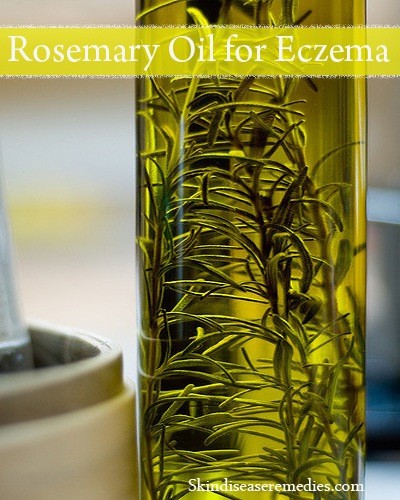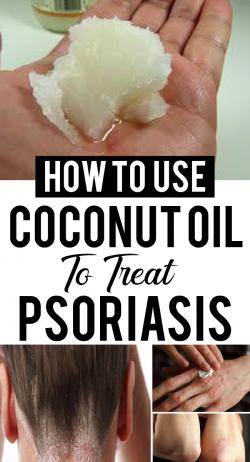Chronic skin aliments ruin your physical appearance, often they are accompanied by rigorous itching and plagues. I personally tried few creams prescribed by doctor on my eczema patches. Though they worked, itching commenced within few weeks.
Rosemary oil for eczema and psoriasis will not only reduce skin ailment, but can make your skin supple. Unlike, steroid creams you can use rosemary oil over face and it will refrain other common skin disorders.
Mere causes of eczema and psoriasis are unknown. However, according to researchers hereditary can trigger this chronic ailment. Unfortunately, there is not permanent treatment for such skin conditions.
Using creams and natural remedies you can reduce its symptoms.
How to Use Rosemary Oil for Eczema?
This woody smelling oil is renowned for its healing and improving memory power. Hydrating and anti-inflammatory properties residing in this innate oil can enhance your skin texture.
Most skin ailments trigger with dry skin or itching. Irritants strip natural oil surrounding your skin, which allows different germs to invade and habitat on it. Topically applying rosemary oil will restrain such infectious germs and fasten the healing process.
Repeated scratching increases infection and leads to vigorous itching. Resulted flare-ups are accompanied by inflammation. Anti-inflammatory property of rosemary oil helps to reduce redness and inflammation.
- Wash or cleanse eczema affected area with water and pat dry using soft cloth.
- Take 2 teaspoons of rosemary oil and blend 1 teaspoon of carrier oil to it.
- Massage the mixed oil solution on eczema flare-ups and leave it to dry naturally.
- Night is the best time to apply this natural remedy.
- Alternatively, you can use rosemary oil directly on the skin.
Apart from reducing eczema flare-ups, rosemary oil can reduce wrinkles, treat acne, heal injuries and lighten dark spots.
Rosemary Oil for Psoriasis
Dead cells build on your skin leads to dry silvery scales, these itchy patches embarrass you. Psoriasis may spread to scalp and results in hair fall.
As mentioned above, rosemary oil hydrates dry skin and stimulates healing. Anti-inflammatory activity of this innate remedy can reduce inflammation and antibacterial agents thwart infectious bacteria.
- Gently cleanse dry patches and pat dry using soft cloth.
- Mix required amount of coconut oil or carrier oil with organic rosemary oil and apply over the skin when it is still damp.
- Avoid scratching and leave the oil to dry.
- For scalp psoriasis, wash hair and massage with 5 drops of rosemary oil.
Alternatively, you can blend vitamin E oil with rosemary oil to reduce psoriasis.
Other prominent uses of rosemary oil are enhance hair growth, improve memory, reduce depression, treats acne, reduce headache, helps to get rid of arthritis, dry skin and lowers cortisol.
Note: Patch test before using this innate oil, it can trigger allergic reaction.
Rosemary oil for eczema and psoriasis works effectively only when you change your lifestyle. You must stay away from irritants including foods that can trigger the skin ailment.
Include water rich foods and fruits. Drink enough water and do regular exercise. Your skin is like a window to your overall health. Healthy functioning of the body results in supple and soft skin.




